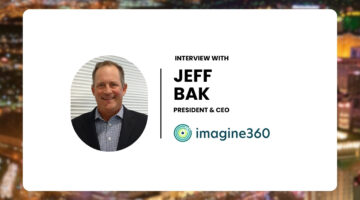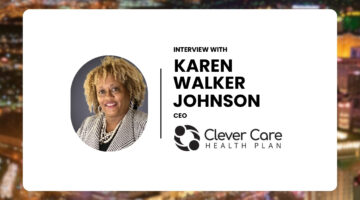There is no question that prescription drug price is a hot-button issue. The drive to increase transparency or provide lower cost options is a battle being fought at the state and federal level, which can be seen at the state level, particularly in California and at the federal level with the FDA’s push to prohibit the import of prescription drugs from Canada and other countries. But health tech companies are playing a role as well. Some are developing ways to make the process of identifying discounted drugs and ordering them easier as well.
GoodRx, for example, developed a skill for Amazon’s Alexa to track down cheap prescription drugs. A demo described in MobiHealthNews offered a look at how the app works:
The user tells Alexa to start GoodRx. Alexa asks the user for a drug name, then picks the most common dosage and formulation of that drug and asks if that’s what the user wants. The user can say yes or can tell Alexa a different dosage. Once that’s confirmed, Alexa will tell the user where that drug can be obtained most cheaply, as well as the range of prices at different pharmacies.

Fighting Soaring Premiums: CEO Reveals New Pharmacy & Benefit Options
Jeff Bak shares what is needed in making healthcare more affordable and sustainable for employees.
The demo included a search for statin medication Crestor which resulted in a cost range spanning $14.45 to $225.64. Although brands and generics are partly to blame for the wide price gap, MobiHealthNews noted that each pharmacy negotiates its own rates with pharmaceutical companies and insurers.
Blink Health has a different approach. The healthcare startup helps patients to buy generic drugs online and pick them up locally. The company pools together sources of funding from pharma companies and employers to whittle down prescription drug costs. Geoffrey Chaiken, CEO and cofounder said in a recent interview that the company has several branded drug programs, including an insulin discount program with pharmaceutical giant Eli Lilly.
Blink Health closed a $90 million Series B round earlier this year to boost consumer awareness and to launch several products and services to reduce drug prices and improve patient and partner experiences.
InteliSys Health developed a clinical information tool to provide a way for doctors and patients to make drug purchasing decisions that make sense to patient’s health plans and budget. The goal is to improve medication adherence — one reason for poor adherence is that people aren’t picking up prescription meds because they are too expensive.

The Future of Healthcare: Why Language & Culture are Key to Better Medicare
Clever Care CEO discussed the importance of culturally-competent care.
CTO Stanley Crane, who previously worked at Allscripts, explained the company’s approach in an interview earlier this year.
“The idea is to present the information at the point of care. It has the potential to save an enormous amount of money,” said Crane. “We are also factoring in insurance copays and trying to weave our way through the complex logic to help patients make better medical decisions.”
Photo: Devrimb, Getty Images






